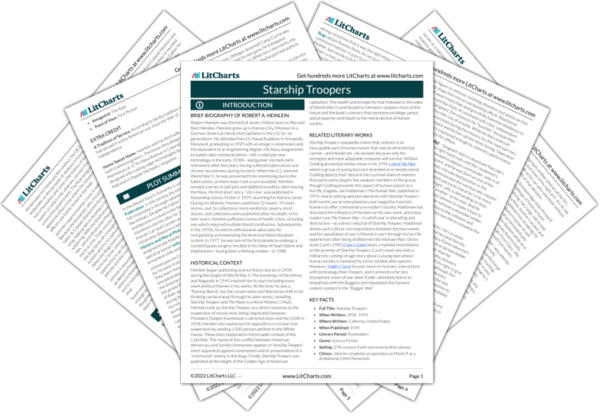When Johnnie hunts rabbits in the wilderness and fashions their skins into a rudimentary coat, he completes the character development arc begun by tailoring his own uniform for parade. Before, he looked to others to fix his problems, but now he’s becoming disciplined enough to take care of himself. He has already claimed that training is just as hard as it needs to be to properly prepare soldiers for duty, and he doesn’t make exceptions for the deaths of three recruits during the Rocky Mountains exercise. As the book repeatedly claims, Federal Service demonstrates a soldier’s willingness to put his life on the line. The dead recruits are awarded their rank and buried with military honors because they made good on this commitment even though they never saw a real battlefield.
